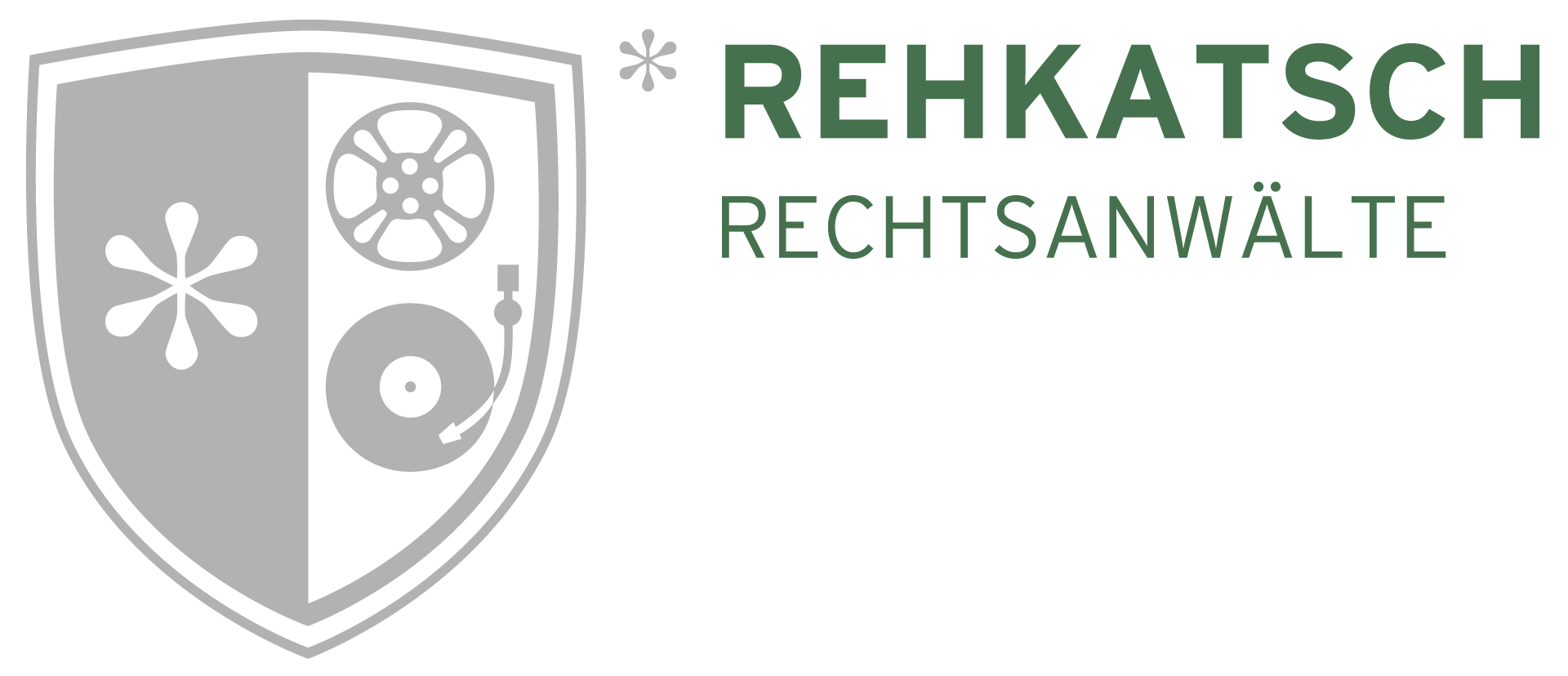 GEMA fees are no longer payable in dentists’ waiting rooms for using radio broadcasts as background music for their waiting patients, according to a decision by the Federal Court of Justice (Case No. I ZR 14/14). The BGH thus followed a decision of the Court of Justice of the European Union of March 15, 2012(SCF/Del Corso).
GEMA fees are no longer payable in dentists’ waiting rooms for using radio broadcasts as background music for their waiting patients, according to a decision by the Federal Court of Justice (Case No. I ZR 14/14). The BGH thus followed a decision of the Court of Justice of the European Union of March 15, 2012(SCF/Del Corso).
This was preceded by court proceedings of the first instance before the Düsseldorf Local Court (ref. no. 57 C 12732/12 of 04.04.2013) and appeal proceedings before the Düsseldorf Regional Court (ref. no. 23 S 144/13 of 08.01.2014).
The defendant was a dentist from Düsseldorf who terminated an existing GEMA usage agreement without notice after the Court of Justice of the European Union ruled that the reproduction of background music in dental practices did not constitute public performance. GEMA insisted on the payment of their GEMA fees.
Previous legal situation
Until the judgment of the Court of Justice of the European Union, it was settled case law in Germany that radio broadcasts in waiting rooms of doctors’ practices constituted communication to the public within the meaning of Section 15 (3) of the Copyright Act. This broadcast interfered with the exclusive right of authors of musical works to make radio broadcasts of works perceptible through loudspeakers and gave rise to a claim by performers for appropriate remuneration. This appropriate remuneration was claimed through the GEMA fees payable.
New legal situation
The concept of communication to the public has its legal basis in Article 3(1) of Directive 2001/29/EC on the harmonization of certain aspects of copyright and related rights in the information society. Article 3(1) states:
“Right of communication to the public of works and right of making available to the public of other protected subject matter
(Member States shall provide that authors shall have the exclusive right to authorize or prohibit the communication to the public, by wire or wireless means, of their works, including making them available to members of the public from places and at times of their choice.”
Requirements “public reproduction
Whether a communication to the public exists requires an individual assessment in which the following three dependent and interrelated criteria must be considered individually and in their interaction with each other:
- Playback
- Public
- Acquisition purposes
A “reproduction” requires that the user acts with full knowledge of the consequences of his conduct in order to provide third parties with access to the protected work, which they would not have without his action.
A “public” is only given with an indefinite number of potential addressees and quite a lot of persons. It depends on how many people have access to the same work at the same time and in succession.
An act of exploitation serves “acquisitive purposes” if it is directed specifically at the audience for which the reproduction is made and that audience is receptive to the reproduction and is not intended to be reached merely incidentally.
Although the Federal Court of Justice deals in detail with the question of “profit motive” in its ruling, it leaves this question open in the case of the dentist from Düsseldorf and bases its decision on the question of the term “public”. As described, according to the Court of Justice of the European Union, communication to the public necessarily presupposes an indeterminate number of potential addressees and quite a large number of persons as addressees.
“Indeterminate number of potential addressees.”
An “indeterminate number of potential addressees” is when the reproduction is made to persons generally, i.e., not limited to particular persons belonging to a private group.
“Quite a lot of people”
By the criterion of “quite a large number of persons” it is meant that the concept of the public contains a certain minimum threshold and excludes an all too small or even insignificant majority of persons concerned. It depends on how many people have access to the same work simultaneously and consecutively.
These conditions are not met in a dental practice. A dentist’s patients typically constituted a specific universe of potential beneficiaries, since other individuals generally do not have access to treatment by a dentist. Moreover, the number of waiting patients is insignificant or even insignificant, because it is very limited. In addition, patients come one at a time and usually do not listen to the same recordings.
GEMA fees in hotels and pubs
However, the conditions of an indeterminate number of addressees and “quite a large number of persons” are met if radio broadcasts are transmitted in a hotel for guests in their rooms or in a guesthouse for guests staying there (ECJ SGAE/Rafael; PPL/Ireland; Football Association Premier League and Murphy). The current GEMA rate for hotel rooms WR S-1 is EUR 4.90/room per year.
Conclusion
Therefore, if you have concluded a GEMA license agreement for playing radio broadcasts in a dental practice, this can be terminated. This decision is likely to be applicable to similar cases such as other medical practices as well as waiting areas of other professionals, service providers or businesses. However, the question of publicity must be examined specifically in each individual case.
If you have any questions or need help with a dispute regarding GEMA fees, please feel free to contact us by phone at 0221-4201074, by e-mail at info@rehkatsch.de or make an appointment with our office.



